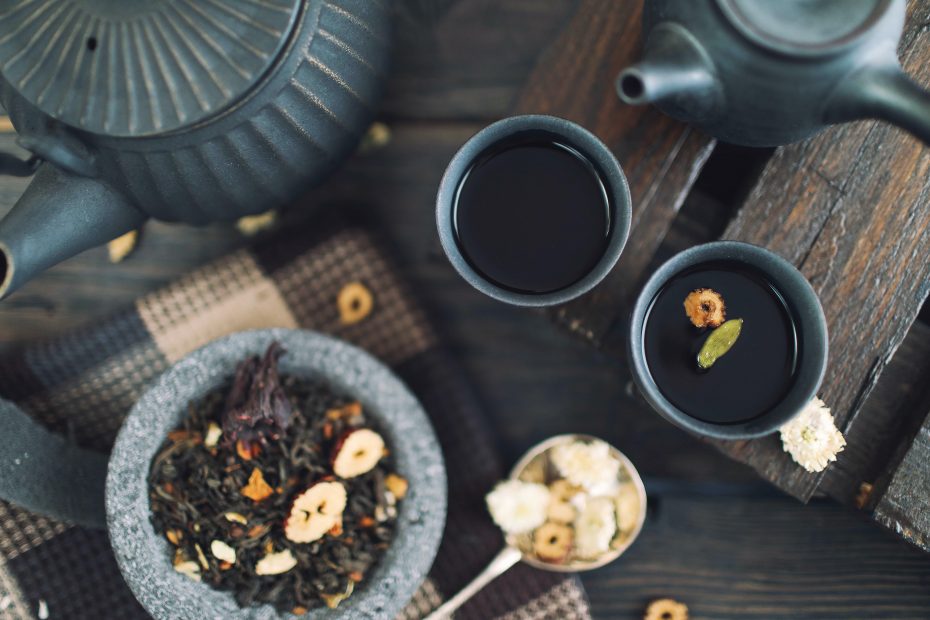Theine And Caffeine: What Is The Difference?
When we talk about theine and caffeine, we often tend to consider them two different substances. In fact, their chemical composition is absolutely identical. They are, therefore, the same substance.
However, this discovery is relatively recent – it dates back to the late 1800s – and only came about when the active ingredients found in tea leaves and coffee beans, which had meanwhile been given different names, were first compared. Theine and caffeine, in fact.
Although it may seem paradoxical, therefore, it would not be incorrect to speak of caffeine in tea and theine in coffee, but why complicate things? For greater convenience we can safely continue to speak of theine when we refer to tea and caffeine when we speak of coffee, just as in the case of the guaranine found in guarana or the mateine in hyerba mate. It is always the same substance, namely a natural alkaloid also found in cocoa and cola, contained in the seeds, leaves or fruits of all these plants.
Although the chemical formula is the same, there are, however, significant differences in the concentration and amounts of the active ingredient, and consequently in the effects on the body. In fact, the polyphenols present in large amounts in tea slow down the rate of absorption of theine/caffeine, so its effect is slower but more prolonged in tea than in coffee.
Because of this, theine stimulates the central nervous system but does not excite it or affect cardiovascular activity and blood circulation, as is the case with caffeine because of the different rate of absorption.
Theine, therefore, increases brain activity and improves the ability to concentrate, without acting as an excitant. Polyphenols, moreover, being natural antioxidants composed of flavonoids and tannins, help reduce cellular aging and prevent the onset of cardiovascular disease and stroke.
What is Stronger Caffeine or Theine?
Finally, although the concentration of theine/caffeine in tea leaves is about twice as high as that in coffee beans, the different extraction method by which the two beverages are obtained means that tea – obtained by infusion – contains less caffeine than coffee – obtained by percolation. Although it may seem “stronger” to the taste, an espresso coffee does in fact contain less caffeine than a mocha brewed coffee and even less than an American coffee.
A 35-ml cup of espresso coffee contains on average up to 85 mg of caffeine, while a 150-ml cup of tea contains about 40-50 mg, considering that the concentration of active ingredient can vary significantly depending on the different qualities of coffee and tea. A coffee of the Arabica variety contains less caffeine than one of the Robusta type, just as an Assam tea will have a higher amount of theine than a Bancha or Oolong tea.
But the final amount of theine/caffeine in our cup will also depend on many other factors, such as the roasting of the coffee or processing of the tea, the age of the leaves, the altitude at which the plants were grown, and finally the temperature and brewing time.
The important thing, as always, is not to overdo it. By consuming no more than 300 mg* of theine/caffeine per day, equivalent to about 3 cups of espresso or 6 cups of tea, you will be able to enjoy the daily pleasure and positive properties of these beverages without any health problems.
*Suggested dose for an adult individual of healthy constitution.
